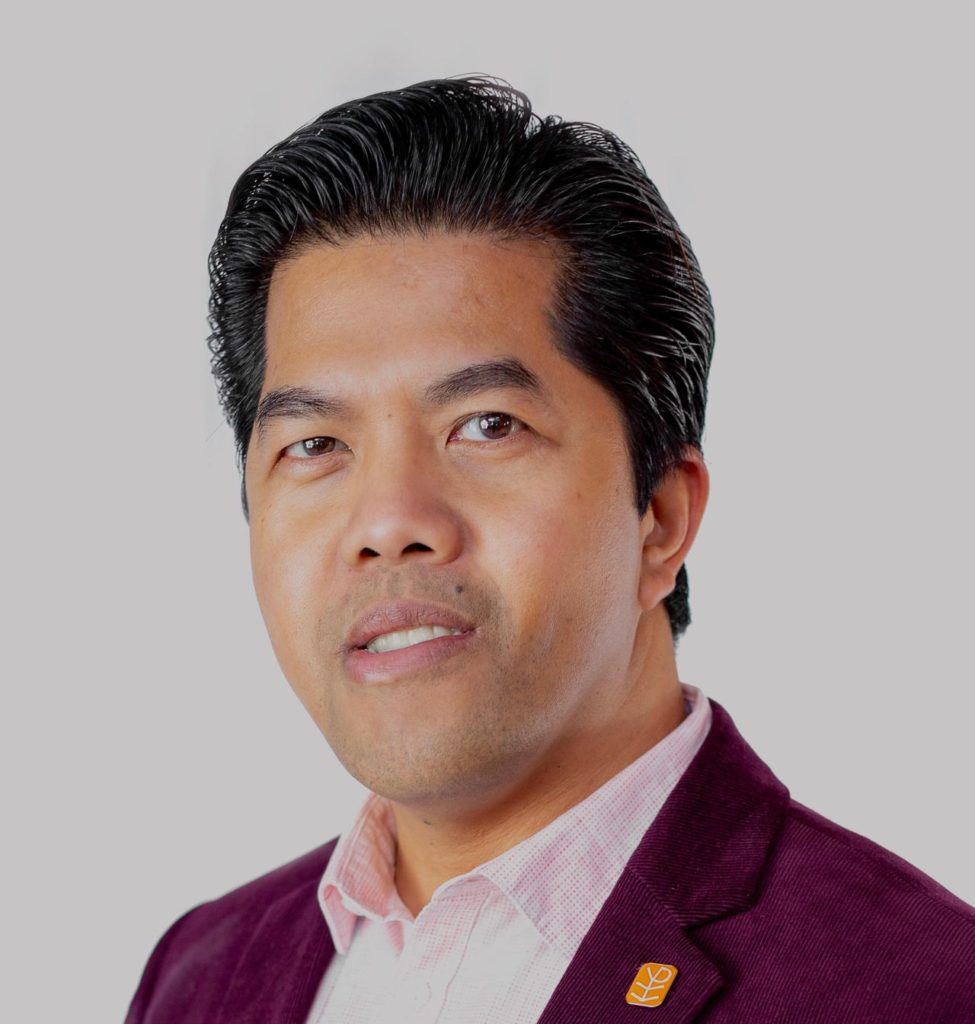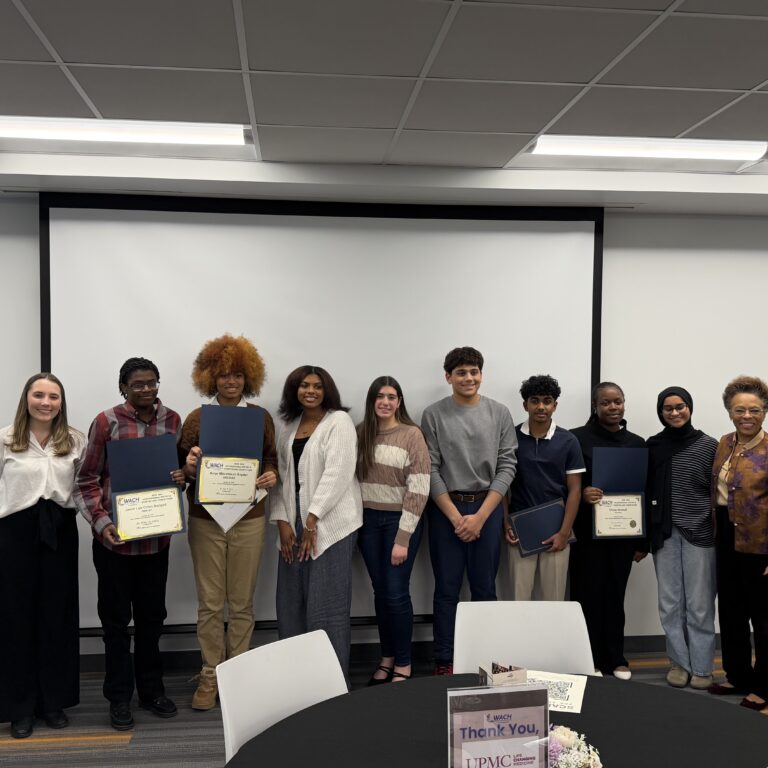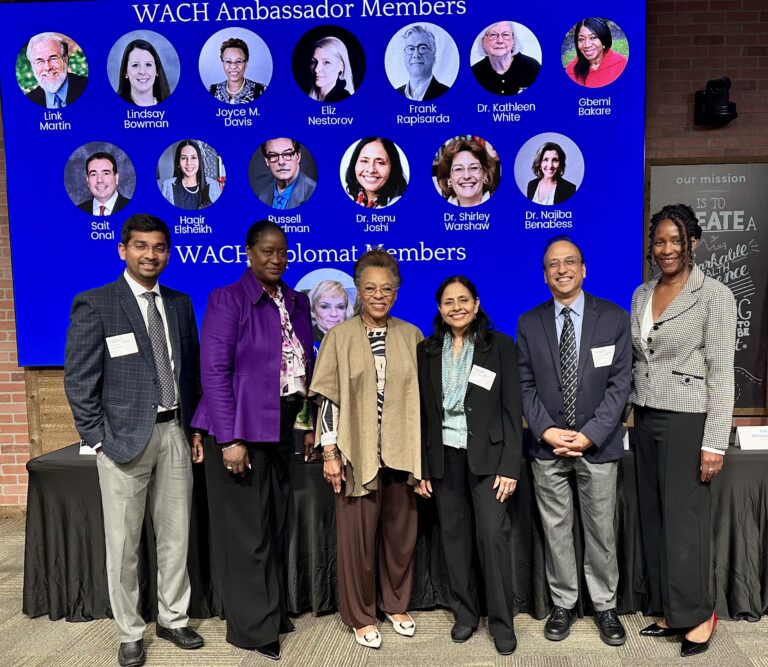Starting 1 p.m. Monday, Feb. 3, the World Affairs Council of Harrisburg will sponsor the Great Decisions Discussion Series at the Fredricksen Library in Camp Hill.
Sign up HERE to join us as experts lead discussions on some of the most important topics of our day.
Prepare to Discuss the World!
Be informed. Know Your World!
Great Decisions 2020 Topics:
Monday, Feb. 3 . 1 p.m. — Climate Change and the Global Order
Discussion leader – Don Brown
Professor Brown (center) is a world-renowned expert in environmental science and more specifically in the international climate change ethics movement. His book Climate Change Ethics: Navigating the Perfect Moral Storm (2013) provides an influential analysis of why ethical principles have been neglected and how to include them in the climate change conversation.
Climate change has become one of the defining issues of our time. As much of the world bands together to come up with a plan, the U.S. remains the notable holdout. What is the rest of the world doing to combat climate change? What impact will the effects of climate change have on global geopolitics?
Monday, Feb. 17 – 1 p.m. India and Pakistan
Discussion Leader – Dr. Sanjay Paul

Before joining Elizabethtown Dr. Paul taught economics at a liberal-arts college in the Midwest for 10 years. He is an expert in microeconomics, macroeconomics, mathematical economics, international economics, economic development, and managerial economics.
India’s Prime Minister Narendra Modi rode a wave of Hindu nationalism to a historic reelection in 2019. His first order of business was to revoke the special status granted to the Kashmir region, inflaming the rivalry between India and Pakistan. How will the Kashmir situation affect the region, both economically and politically?
1 p.m. MONDAY, MARCH 2 — RED SEA SECURITY
DISCUSSION LEADER: Dr. Mehdi Noorbaksh, Professor of International Studies, Harrisburg University . 

The Red Sea has remained vital for global trade since the time of ancient Egypt. Once home to the spice trade, the Red Sea now sees millions of barrels of oil a day transported across its waters. With major nations like China, France, Italy, and the U.S. building large ports and bases in the region, what does the future of the region look like? How important is Red Sea security for global security? Can the region be a place of global cooperation?
1 p.m. Monday, March 16 — Modern Slavery and Human Trafficking
Almost every nation has enacted laws criminalizing human trafficking, and international organizations, governments, and NGOs sponsor a large variety of projects to curb trafficking and slavery. Billions of dollars have been allocated to these efforts. What is the international community doing to combat slavery and trafficking? What are the experiences like for those being trafficked?
1 p.m. Monday, March 30 — U.S. Relations with the Northern Triangle
Discussion Leader: Dr. Wayne Selcher –
Dr. Wayne A. Selcher — Professor of International Studies Emeritus – Elizabethtown College

Combatting illegal immigration has become a priority of the Trump administration. The Northern Triangle of Central America, made up of Honduras, El Salvador, and Guatemala, is a special target of the administration, which hold the nations responsible for the large flow of migrants from Latin America to the U.S. With funds from the U.S. cut, how can the Northern Triangle countries curtail migration?
1 p.m. Monday, April 13, China’s Road into Latin America
Discussion Leader: R. Evan Ellis

Robert Evan Ellis is an analyst of Latin American economic, political, and security issues, with a research focus on Latin America’s relationships with China and other external actors, including India, Russia, and Iran.
As the Trump administration continues to withdraw from the world stage, China is looking to fill the void. How does Latin America fit into China’s “One Belt, One Road” plan? How will the relationship with China affect the region? Should the U.S. be concerned about China’s growing “sphere of influence?”
1 p.m. Monday, April 27 — The Philippines and the U.S.
Discussion Leader: Fred Faylona, Financial Analyst, Transamerica

The Philippines has had a special relationship with the United States since the islands were ceded by Spain to the United States after the Spanish-American War at the end of the 19th century. However, since the election of Rodrigo Duterte, the country has pivoted more toward China, and away from the U.S. Duterte has also launched a large-scale war on drugs that many criticize for its brutality. What does the future hold for U.S, relations with the Philippines?
1 p.m. Monday, May 11 — Artificial Intelligence and Data
Policymakers in many countries are developing plans and funding research in artificial intelligence (AI). Global growth is slowing, and not surprisingly, many policymakers hope that AI will provide a magic solution. The EU, Brazil, and other Western countries have adopted regulations that grant users greater control over their data and require that firms using AI be transparent about how they use it. Will the U.S. follow suit?




